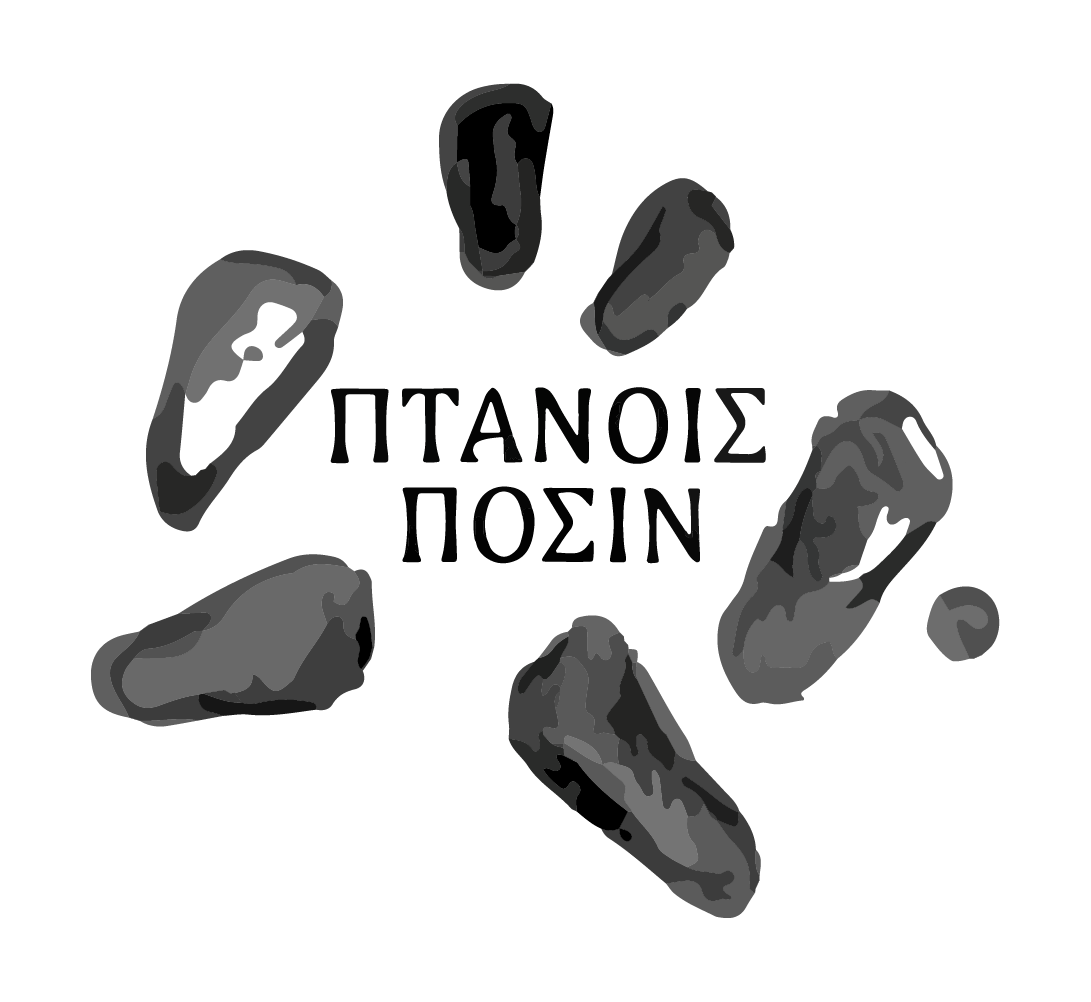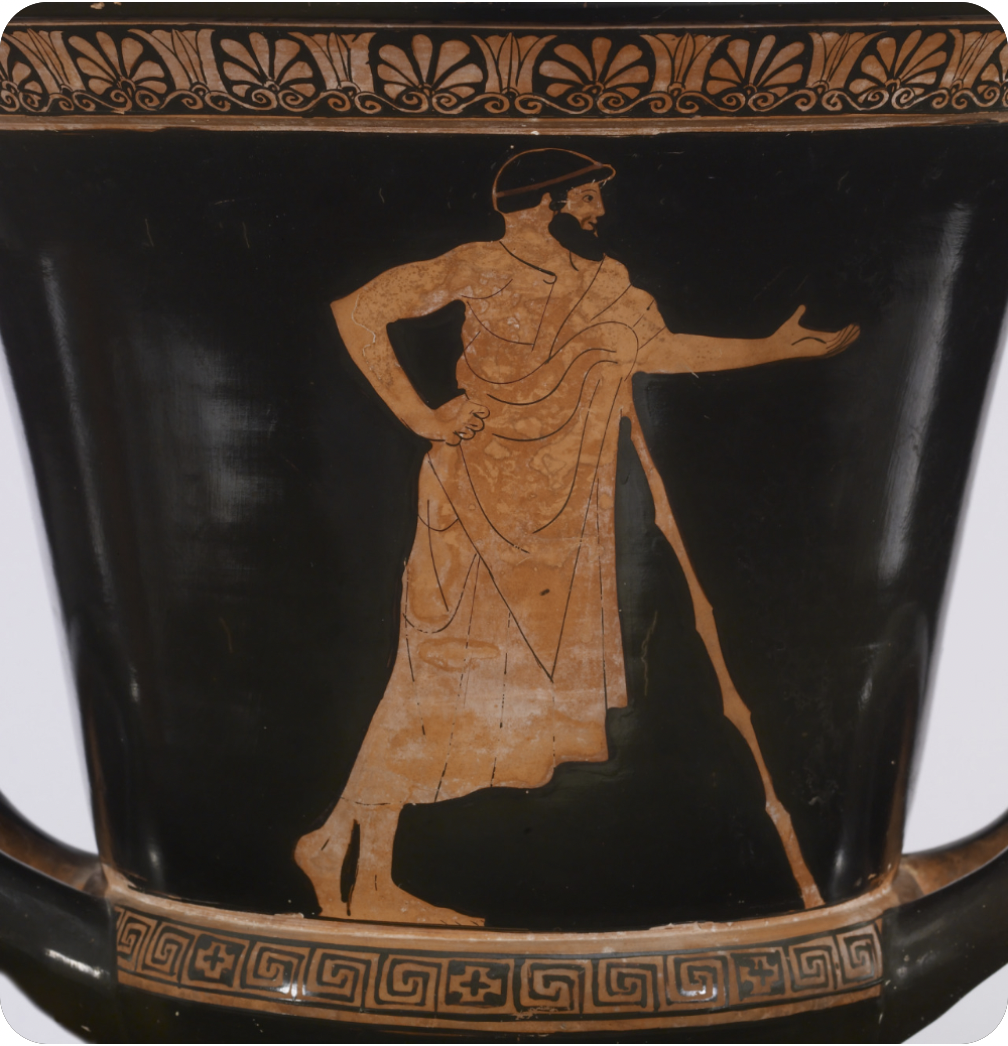FD III 2, 75
Kleandros from Colophon, the son of Apollophanes: epic poet
Date:
245 BC
Edition:
Δελφοὶ ἔδωκαν Κλεάνδρωι Ἀπολλοφάνου Κολοφονίωι, ἐπῶν ποητῆι, αὐτῶι καὶ
ἐγγόνοις, προξενίαν, προμαντείαν, προεδρίαν, προδικίαν, ἀσυλίαν, ἀ-
τέλειαν πάντων, καὶ τὰ ἄλλα ὅσα καὶ τοῖς ἄλλοις προξένοις καὶ εὐ-
εργέταις.nἄρχοντος Ε<ὐ>θύωνος, βουλευόντων Κλέωνος, Κράτωνος,
Πάσωνος.
Translations (en):
“The citizens of Delphi granted Kleandros, the son of Apollophanes from Colophon, epic poet, and his descendants, the proxeny, the priority in access to the oracle, privileged seating at the festivals, priority in legal judgements, immunity for his possessions, exemption from all taxes and all the other benefits that are bestowed on the proxenoi and benefactors. Under the archonship of Eutyon, Kleon, Kraton, Pason were bouletai.”
Translations (it):
“I Delfi conferirono a Kleandros figlio di Apollophanes di Colofone, poeta epico, a lui e ai suoi discendenti, la prossenia, il diritto di precedenza nella consultazione dell’oracolo, la proedria, la precedenza in giudizio, l’immunità per i propri averi, l’esenzione dal pagamento di tutte le tasse e gli altri vantaggi quanti sono concessi anche agli altri prosseni ed evergeti. Sotto l’arcontato di Eutyon, essendo buleuti Kleon, Kraton, Pason.”
Commentary (en):
On Kleandros we do not have any further information other than this standard proxeny decree. It is not possibile to determine whether this epic poet performed in the Delphic agonistic or extra-agonistic contexts or if he was rewarded for activities concerning diplomacy or engagement into the city life.
This document is a typical example of a standard epigraphical text: even attesting to another virtuoso featuring the long list of the itinerant movement of the Hellenistic period, it does not allow us to gather more than basic data.
Commentary (it):
Su Kleandros non si hanno altre notizie che si aggiungano alle scarne informazioni fornite dall’ordinario decreto di prossenia. Non è possibile chiarire se questo poeta epico si sia esibito in uno dei contesti agonali o extra-agonali di Delfi oppure se si sia distinto per meriti diversi da quelli artistici.
Questa testimonianza costituisce l’esempio di un caso tipico, in cui il testo epigrafico, pur documentando l’esistenza e la presenza in un centro culturale di un professionista itinerante, non consente di andare oltre i dati anagrafici.

